How to care for orchids and what are their common problems?
The Orchid
Orchids are beautiful plants that boast long-lasting blooms. They are very low-maintenance plants; they just prefer bright indirect light and humidity. Under the right conditions, they will reward you with blooms that last for months. Orchids are native to southern China, Taiwan, Southeast Asia, and New Guinea. They prefer warm conditions, high humidity, and bright indirect light. They are a dramatic addition to any plant or flower lover's space!
_________________________________________________
How to care for your orchid
Use these instructions to care for an orchid. This guide will tell you how to water an orchid; its light, temperature, humidity preferences, and any additional care it may need to help it grow.
Your orchid prefers bright, indirect light, such as from an east-facing window. Don't let your plant sit in direct sunlight, as the foliage and flowers may burn. If your orchid doesn't get enough light, it won't thrive and bloom continuously.
Let the top 50% of the sphagnum moss dry between waterings. Before watering, remove the saucer from under the pot and take it to your sink. Water your plant thoroughly until water flows through the drainage hole. Place it back on the saucer, making sure it's free of standing water. Your orchid doesn't like sitting in water, but don't let the moss dry out completely.
Your orchid can adapt to lower humidity levels, but will appreciate additional humidity through the use of a pebble tray or humidifier.
Your Orchid enjoys average room temperatures of 60-80 degrees.
Feed your orchid with a fertilizer specifically made for orchids, diluted to half the recommended strength. Feed every time you water your plant during spring and summer, and feed every third watering during fall and winter. Before fertilizing, water well to rinse away any previously accumulated salts.
Phalaenopsis orchids are non-toxic to animals and humans.
Flowers can last up to 2-6 months if kept in ideal conditions. After the flowers are spent, the flower spike can be cut just above the node where the first flower bloomed. New flowers should appear 3-9 months later.
_________________________________________________
Common problems for your Orchid

There may be several reasons why your orchid's buds are drying out before they open. Let's investigate and get to the bottom of this.
Is the room too hot or too cold?
Your orchid prefers warm temperatures of 70-80 degrees during the day, and temperatures up to 60-70 degrees at night.
Is the plant too dry or too wet?
If the moss in your orchid's pot has completely dried out, your plant could become dehydrated. Give your orchid a good soak to rehydrate.
Is your orchid sitting in water?
The roots could be rotting. Check the roots to see if they are mushy or discolored. They should be firm and greenish. Your orchid is prone to root rot if left sitting in water for a long period of time. Keep the moss moist at all times, but never soggy. Always discard any excess water that accumulates in the pot after watering.
Are you using too much fertilizer?
Are you fertilizing more often than the instructions on your fertilizer bottle state? This could lead to fertilizer burn, causing both leaves and flower buds to die. Always follow the instructions on your orchid fertilizer bottle, or to be safe, you can dilute the fertilizer with water to half the recommended strength.

After the first blooms on your plant die, it can take anywhere from two months to a year for the plant to flower. If a year has passed and you still don't see new buds forming, follow these steps to help encourage blooming.
Is your orchid getting enough light?
Make sure your orchid is receiving as much bright, indirect light as possible. If you have your orchid in a lower-light area, that could be the reason it's not blooming.
Have you fertilized your plant recently?
Your orchid is grown in sphagnum moss, which contains no nutrients. During spring and summer, you should fertilize your orchid with an orchid fertilizer every time you water it. Ensuring your orchid gets the proper nutrients will allow it to flourish.




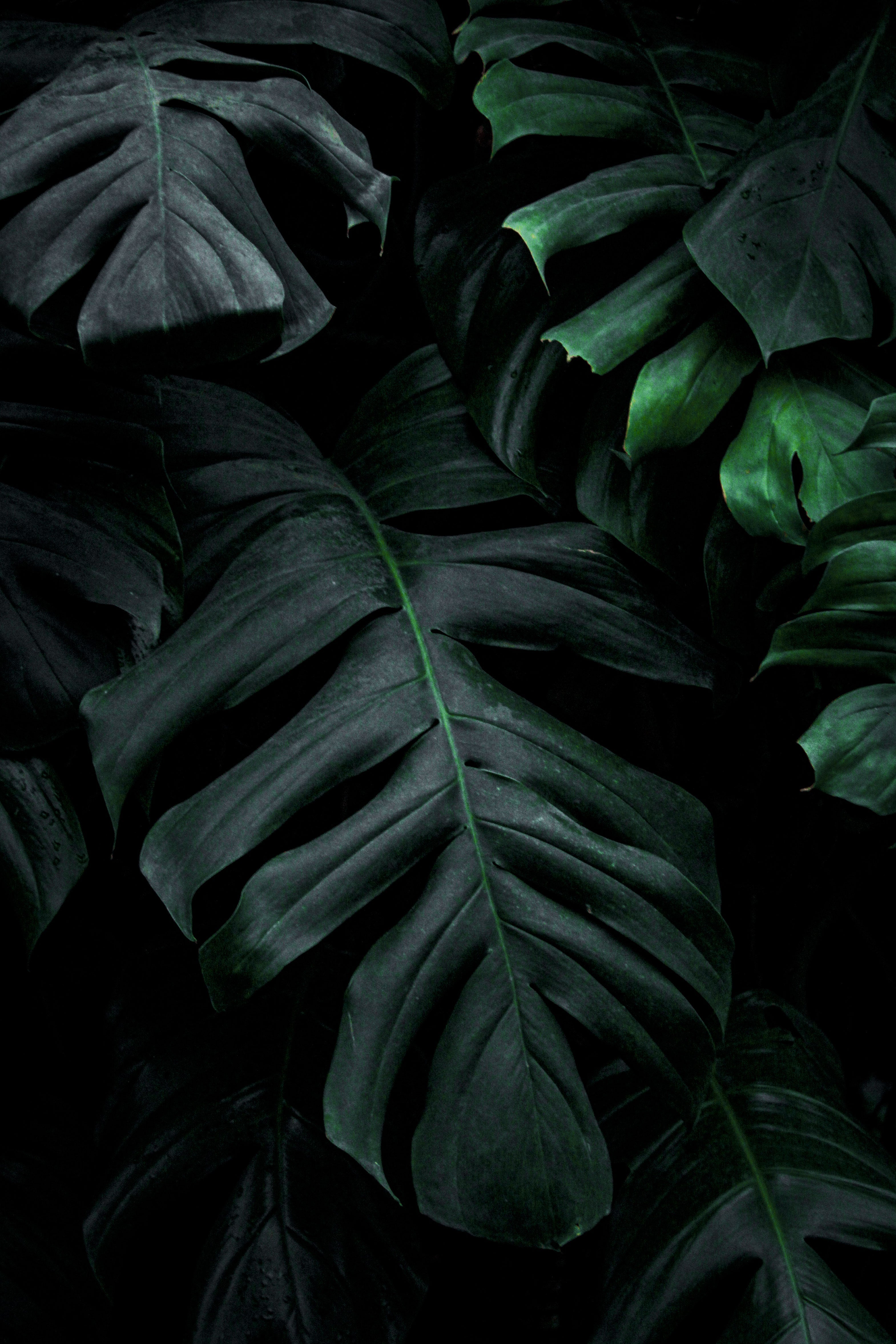
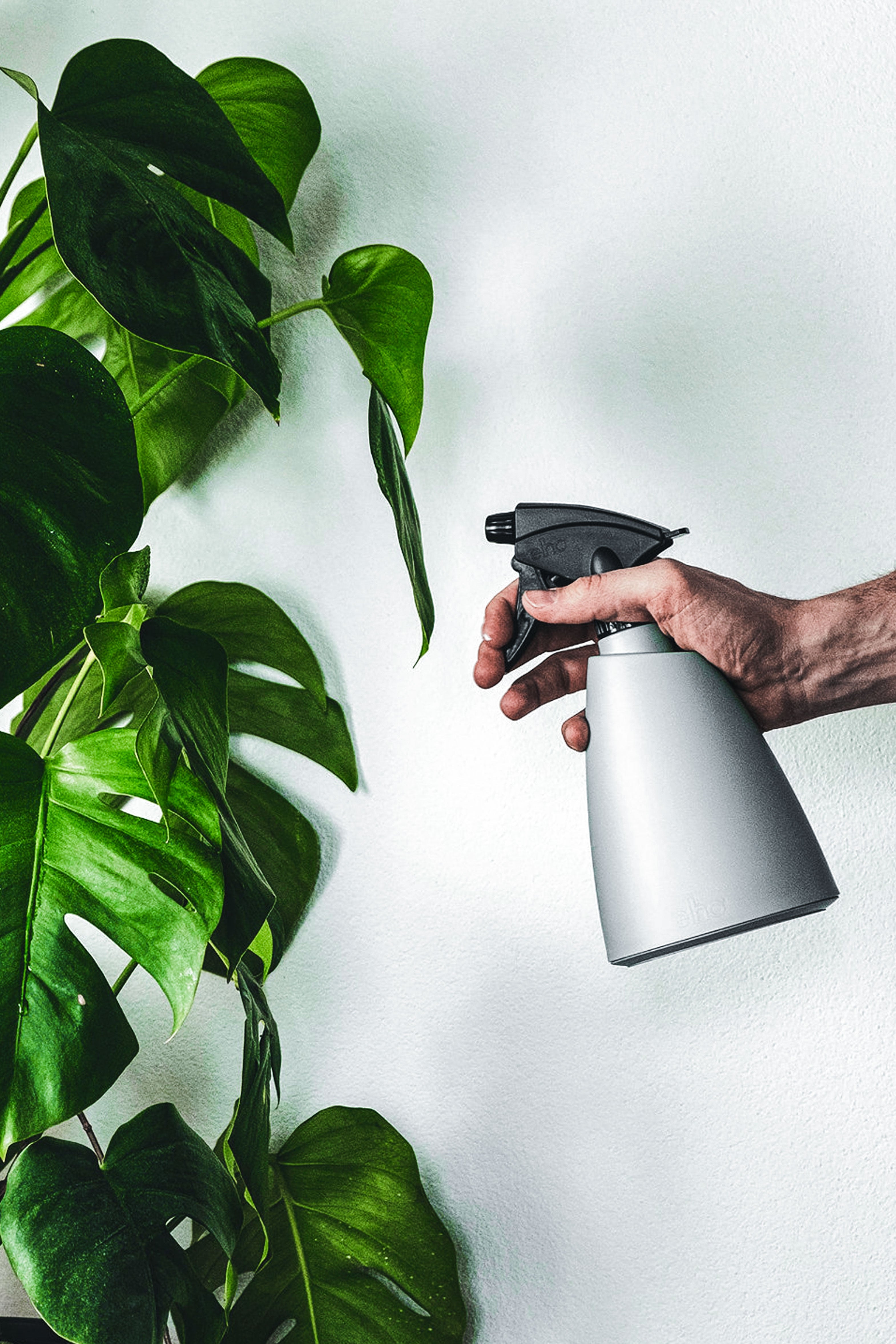
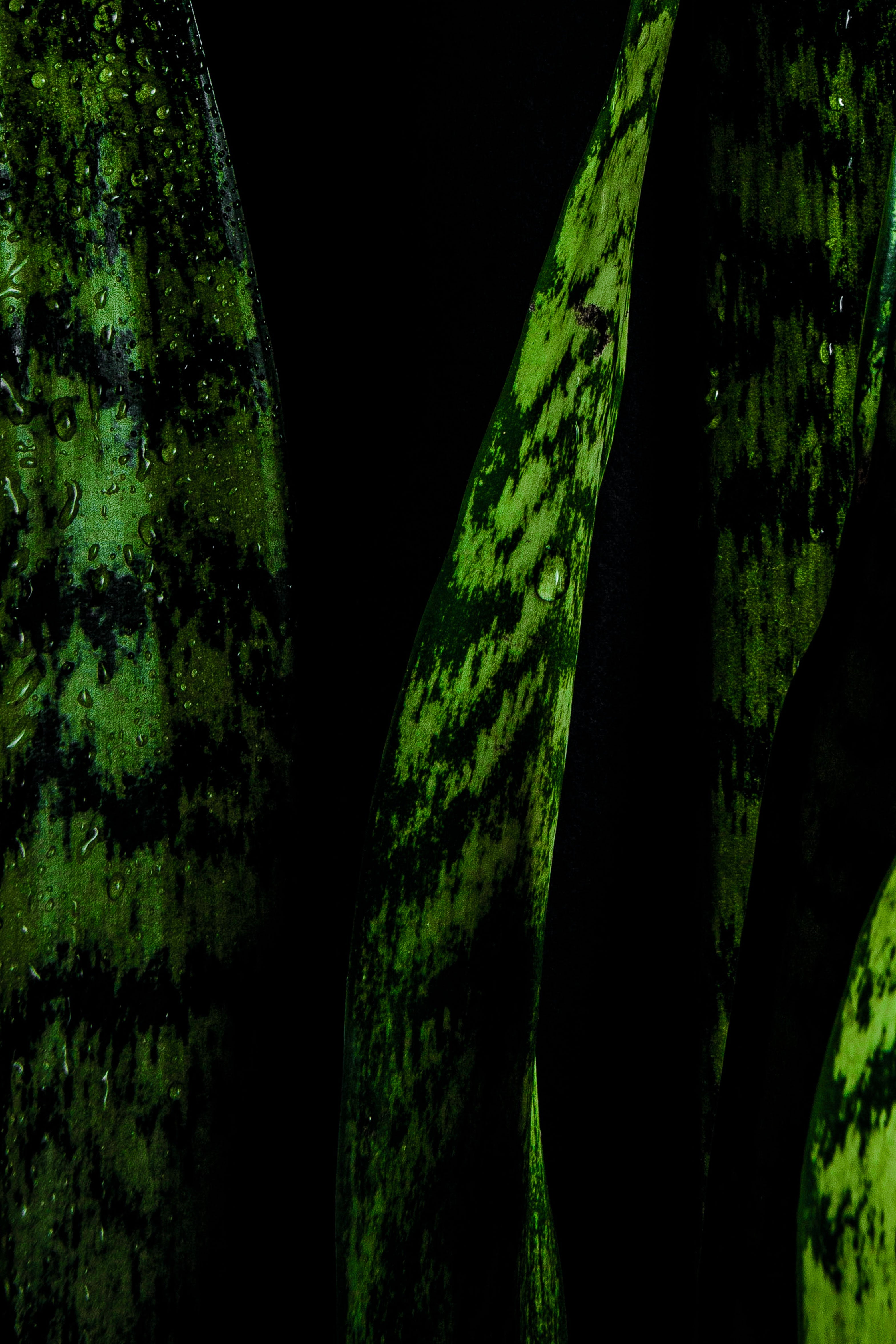
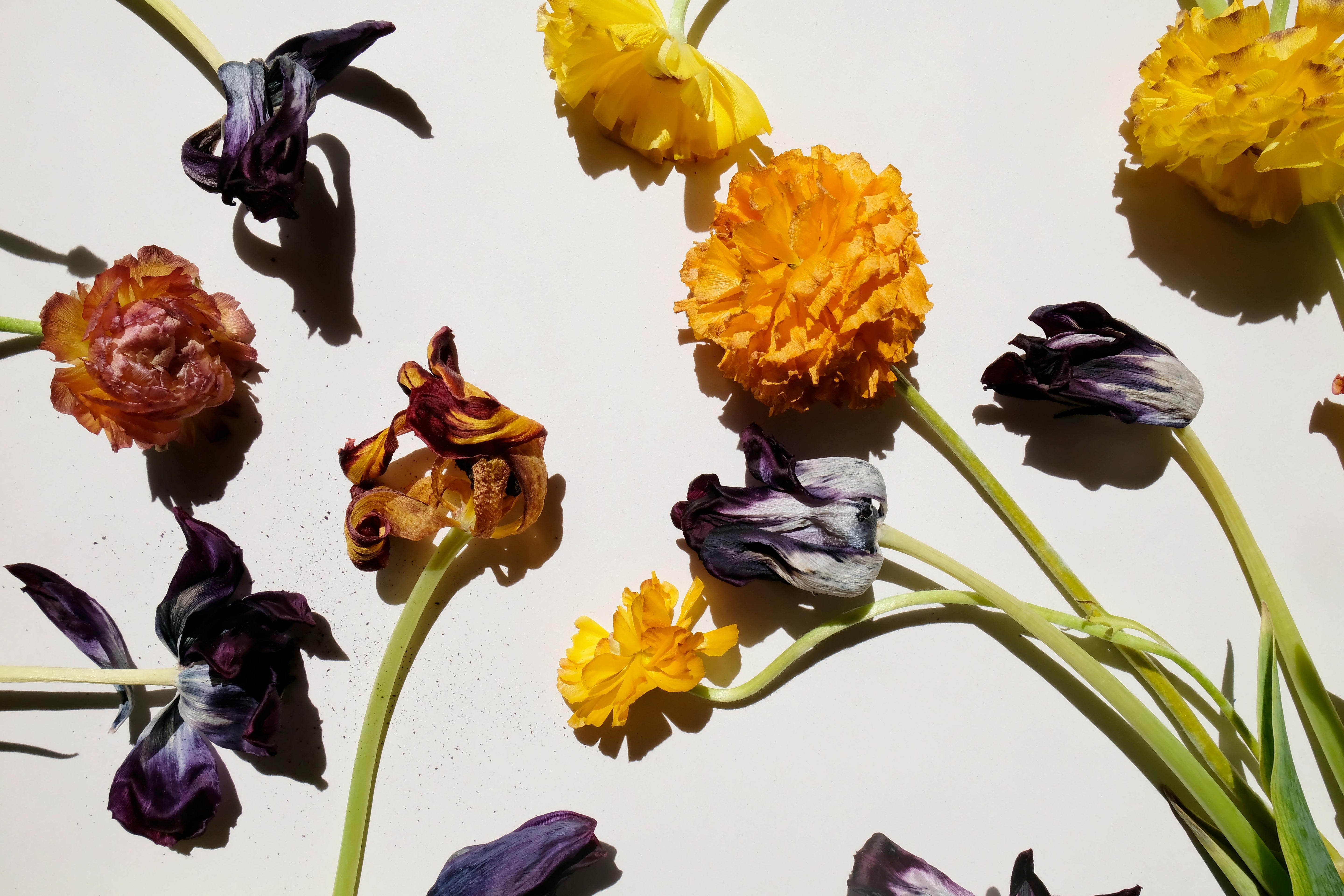
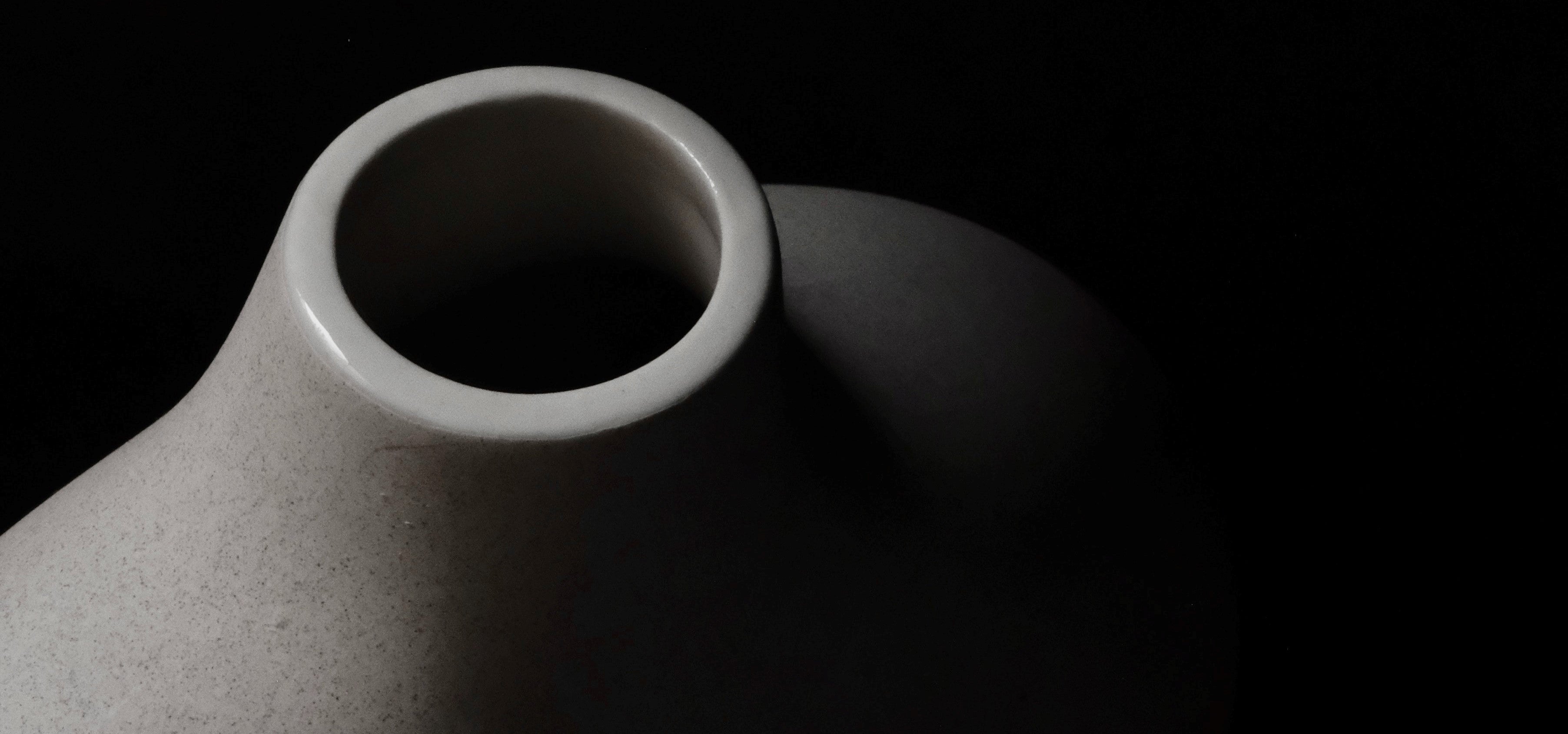
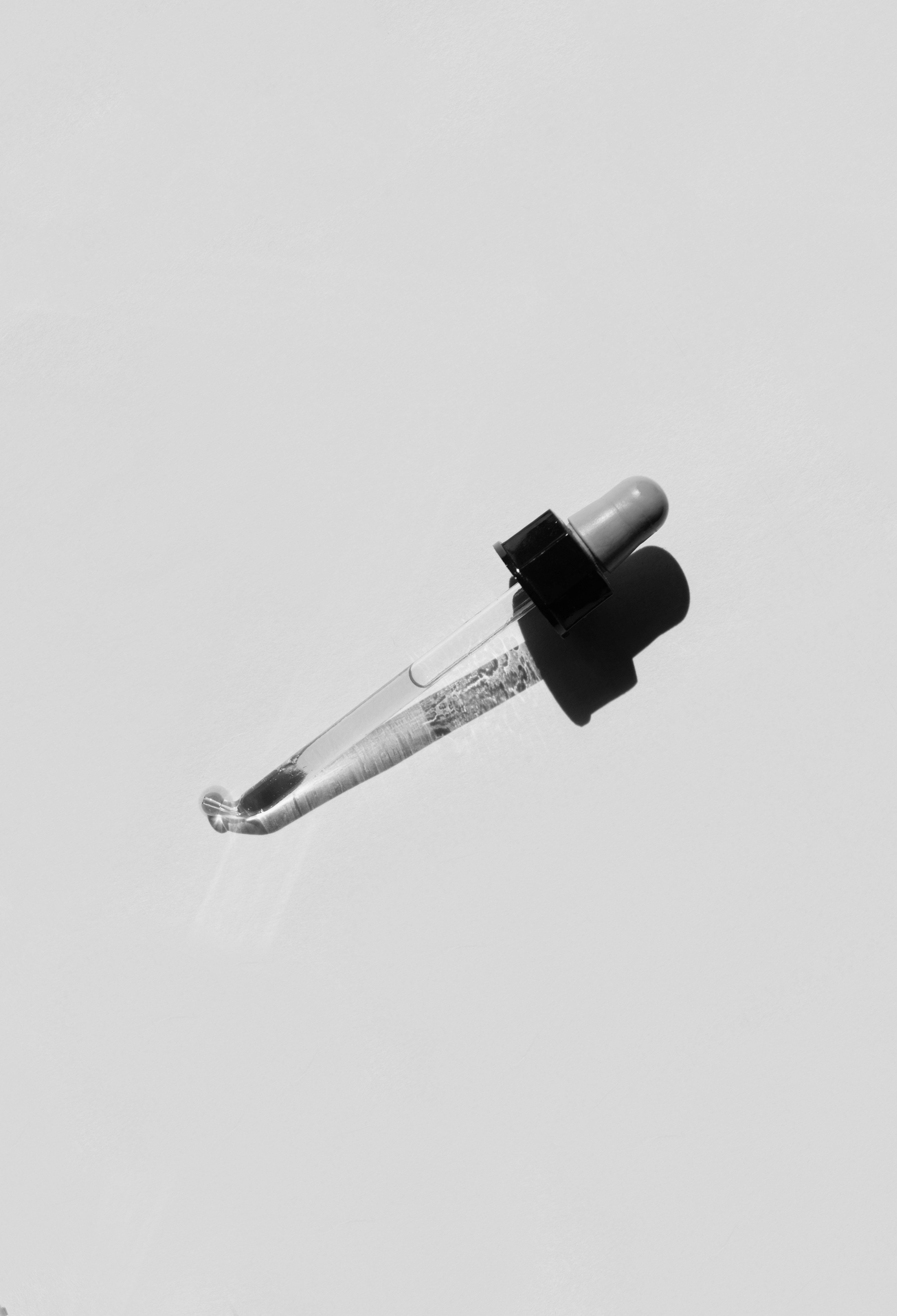
Leave a comment